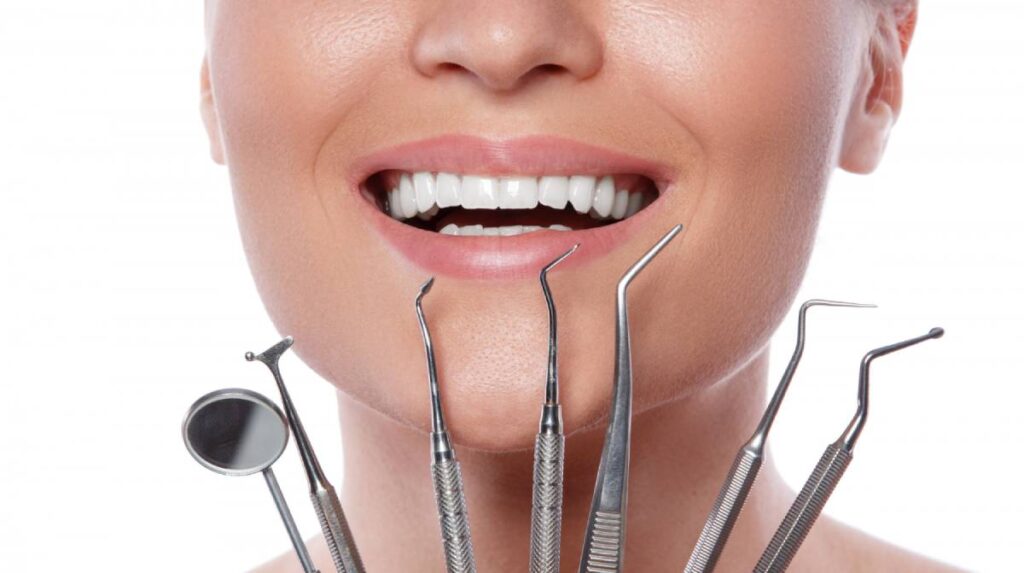Understanding Teeth Whitening: How It Works
Many people desire a bright smile and seek quick solutions to whiten their teeth. However, the effectiveness of these treatments depends on the methods used. Professional dental treatment options, such as bleaching and laser whitening, offer the fastest and most noticeable results.
Teeth whitening works by removing stains from the enamel using chemical agents like hydrogen peroxide. Over-the-counter products may take longer and provide less dramatic results, while in-office procedures can deliver a whiter smile in a matter of days.
Professional Whitening Treatments: Are They Effective?
Professional dental treatment for teeth whitening includes laser treatments, custom whitening trays, and in-office bleaching procedures. These treatments use high-concentration whitening agents that penetrate deep stains and offer immediate results.
Unlike DIY methods, professional treatments are supervised by dentists, ensuring safety and effectiveness. Patients looking for a rapid and lasting whitening effect should consider these options.
At-Home Whitening Kits: Do They Work?
Many over-the-counter whitening kits promise brighter teeth within days. While they contain whitening agents, the concentration is much lower than professional dental treatment solutions.
These products, such as whitening strips and trays, can lighten stains but require continuous use over weeks to achieve significant results. Users should be aware of potential tooth sensitivity and follow the instructions carefully.
Natural Remedies for Whiter Teeth
Some people prefer natural methods to whiten their teeth, such as baking soda, activated charcoal, and hydrogen peroxide rinses. While these may have mild effects, they do not offer the same level of whitening as professional dental treatment options.
Frequent use of abrasive substances like baking soda can also wear down enamel, leading to long-term dental issues. Therefore, natural remedies should be used with caution.
Common Causes of Teeth Staining
Before seeking a whitening solution, it is important to understand what causes teeth to become discolored. Foods and drinks like coffee, red wine, and soda contribute to stains. Smoking is another major cause of yellowing teeth.
Regular oral hygiene and professional dental treatment for cleanings can help prevent staining and maintain a bright smile for longer.
How Long Do Whitening Results Last?
The longevity of teeth whitening results depends on lifestyle habits and the type of dental treatment used. Professional treatments can last for months to years if proper care is taken.
To maintain results, patients should avoid staining foods and beverages, quit smoking, and follow a consistent oral hygiene routine. Regular touch-up treatments may be needed for lasting brightness.
Choosing the Right Whitening Treatment for You
With many whitening options available, selecting the right dental treatment depends on individual needs. Factors such as budget, time, and desired results should be considered.
Consulting a dentist before starting any whitening treatment ensures that the chosen method is safe and suitable for your dental health.
Conclusion
Achieving brighter teeth in days is possible with the right dental treatment. Professional whitening treatments provide the fastest and most noticeable results, while at-home kits and natural remedies offer gradual improvements. The key to maintaining a whiter smile is proper oral care and avoiding staining habits. Consulting a dentist ensures the best and safest approach to teeth whitening.
Frequently Asked Questions
- Is professional teeth whitening safe?
- Yes, when performed by a dentist, professional whitening is safe and effective.
- How long does professional teeth whitening take?
- Most in-office whitening procedures take about an hour to deliver noticeable results.
- Are over-the-counter whitening kits effective?
- They can work over time but are less effective than professional dental treatment options.
- Does teeth whitening cause sensitivity?
- Some people may experience temporary sensitivity, but it usually subsides after treatment.
- Can I whiten my teeth naturally?
- Natural methods can have mild effects, but they are not as effective as professional treatments.
- How often should I get my teeth whitened?
- It depends on the method used, but most professional treatments last for several months.
- Will whitening damage my enamel?
- When done correctly, whitening does not harm enamel, but overuse of abrasive products can cause damage.
- Can smokers whiten their teeth effectively?
- Yes, but smoking can quickly stain teeth again, reducing the longevity of whitening results.
- Does diet affect teeth whitening results?
- Yes, avoiding staining foods and drinks helps maintain whitening effects.
- What is the most effective teeth whitening method?
- Professional dental treatment options, such as laser whitening, provide the best results in the shortest time.












